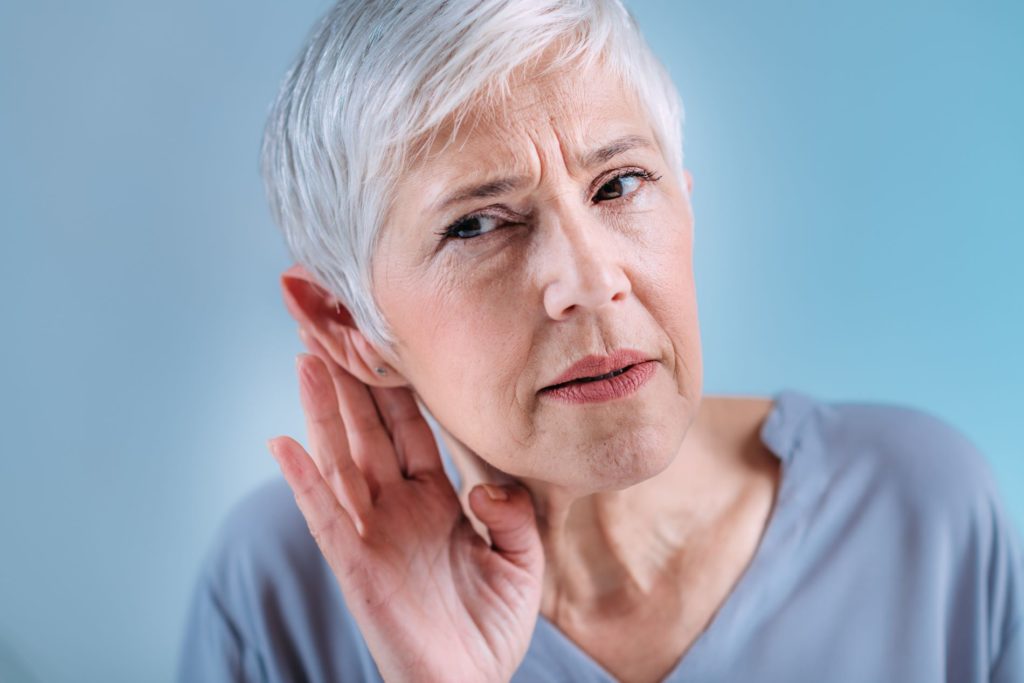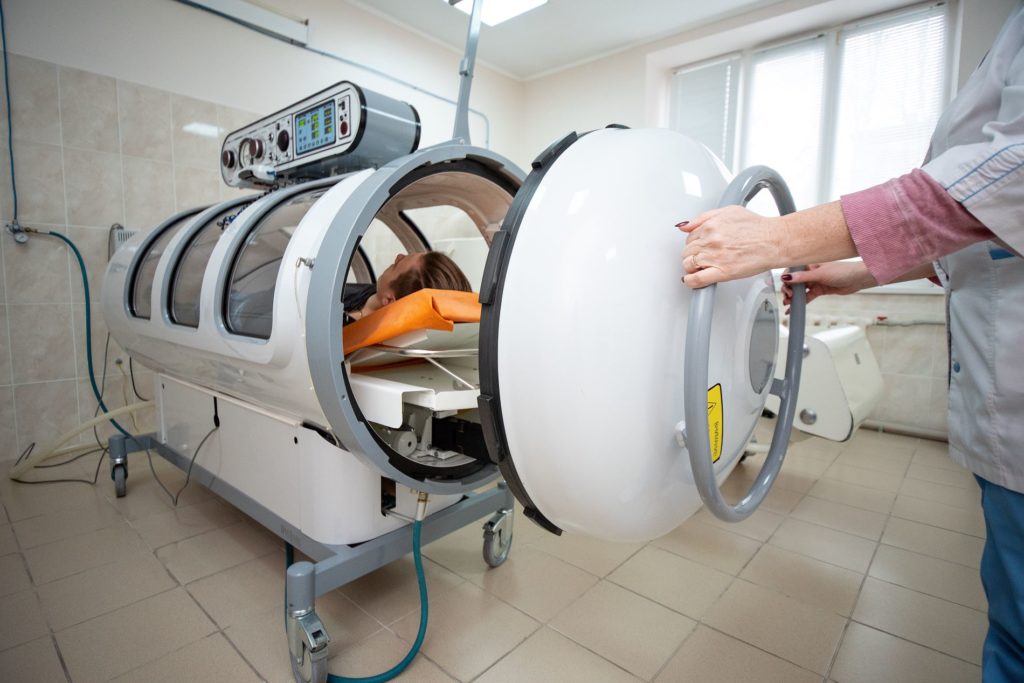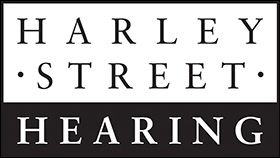Sudden hearing loss? Why immediate treatment is critical
Hearing loss looks different for everyone. It’s a highly complex condition as it can be caused by a wide range of factors, affect different parts of the auditory system and as a result, the impact it has varies from person to person.
For most people with hearing loss, typically one of the only things they’ll have in common is that it happens slowly, gradually worsening over a period of time until it gets to a point where it’s noticeable. However, for some, hearing loss can strike suddenly without warning.
This is called Sudden Sensorineural Hearing Loss (SSHL), and the approach to treatment is vastly different to that of those with gradually developing hearing loss. Let’s take a look at how and why sudden hearing loss happens, and why it’s important to seek immediate medical attention if it happens to you.
Understanding sudden sensorineural hearing loss
Sudden Sensorineural Hearing Loss (SSHL) refers to a rapid, unexplained loss of hearing that can develop in a matter of hours or days. SSHL will often only affect one ear but it may affect both ears and sometimes follows a loud popping sound.
As it’s more likely to be present in one ear, it may not be immediately noticeable until you try to use that one ear, for example when answering the phone or using headphones. SSHL may also be accompanied by other symptoms such as tinnitus (ringing in the ears) or vertigo (dizziness).

What is the most common cause of sudden hearing loss?
The cause of a sudden hearing loss is often unclear but it’s also referred to as Sudden Sensorineural Hearing Loss (SSHL), meaning it involves damage to the inner ear or the nerve pathways from the inner ear to the brain.
It’s not always possible to get a specific diagnosis for what has caused your sudden hearing loss, but it can be triggered by various things such as:
- Viral infections such as mumps and herpes simplex
- Ear wax build-up that may be the result of attempting to remove wax at home but pushing the wax deeper into the ear canal
- Trauma such as head injuries
- Circulatory problems that may disrupt blood flow to the inner ear
- Autoimmune diseases such as Cogan’s syndrome
Can sudden hearing loss be restored?
The key difference between SSHL and normal hearing loss is that SSHL is a medical emergency which requires immediate intervention, whereas gradual hearing loss is typically irreversible.
It’s important to understand that where sudden hearing loss is concerned, acting quickly is the key to giving you the best chance of restoring your hearing fully.
A recent study by National Institute for Health and Care Research (NIHR) UCLH Biomedical Research Centre (BRC) showed that treatment within seven days of sudden hearing loss development was the most significant factor in making a full recovery.
Their study, conducted with 240 junior doctors across 76 hospitals in England and Wales, found that patients treated with steroids within this critical window were five times more likely to recover fully. However, only 60% of patients received timely treatment.
Leading the research was UCLH Ear, Nose and Throat surgeon Mr Nish Mehta. He said: “Time is of the essence when it comes to restoring hearing after sudden hearing loss. It is important that patients who experience a sudden drop in their hearing seek urgent medical attention. It is also important that the medical teams who first see these patients either arrange appropriate urgent specialist review or consider steroid treatment if the specialist review is unlikely to occur within the appropriate time frame.”
If you’re experiencing a sudden hearing loss, Harley Street Hearing can help. In the event that ear wax build-up is the problem, we can offer professional ear wax removal for immediate relief. We work alongside specialist ENT consultants so can advise on contacts for urgent appointments to investigate your individual case.
For immediate sudden hearing loss concerns, call us on 020 7486 1053.

How to cure sudden hearing loss
Treatment for sudden hearing loss will depend on the underlying cause and how quickly you seek medical attention, but the most common treatments include:
1. Corticosteroid therapy
This is the most common treatment for SSHL where steroids such as prednisone are prescribed to help reduce inflammation and swelling in the ear, potentially fully restoring hearing.
Steroid treatment can be given either orally over the course of 1-2 weeks or through injections directly into the ear (intratympanic steroids). They can also help to treat other inner ear conditions such as Meniere’s disease.
2. Treating the underlying cause
If tests show that SSHL is linked to a specific cause such as an infection or autoimmune disease, addressing this underlying cause will be crucial.
Treatments here may include antibiotics or antiviral medications for infections, and steroids or other immunosuppressive therapies for autoimmune-related SSHL.
3. Hyperbaric Oxygen Therapy
Hyperbaric oxygen therapy (HBOT) may be a treatment option in some cases. This involves breathing pure oxygen in a pressurised room to improve oxygen supply to the inner ear which helps to promote recovery.
It’s most effective when patients are treated within 14 days and in conjunction with other treatments such as corticosteroids.

Why it’s important to seek immediate treatment for sudden hearing loss
Regardless of the most suitable treatment option for you, it will always be the most effective when started as soon as possible after the onset of sudden hearing loss. However, not all patients will regain their hearing after treatment but there are options for those left with permanent hearing loss.
Hearing aids are the most effective treatment for managing hearing loss and may be recommended as a longer-term solution to manage any permanent hearing loss caused by SSHL. If this is the case in your situation, Harley Street Hearing can help. We offer an extensive range of hearing aids from all major hearing aid manufacturers and can help to find the perfect hearing aid suited to your lifestyle, needs and budget.
Get in touch with us online or call us on 020 7486 1053.
Enjoy this article? You might be interested in some of our others:












